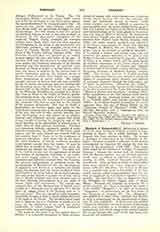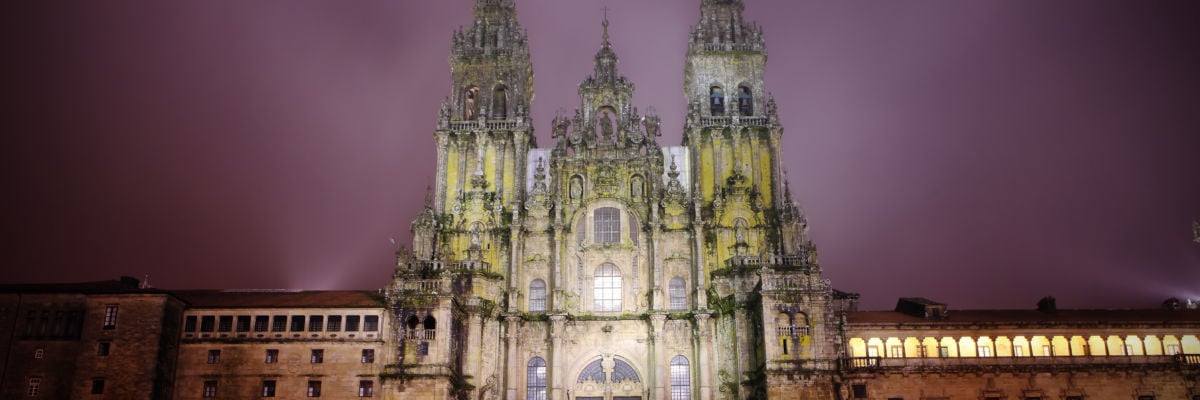

Bernard of Compostella (I) ANTIQUUS, a canonist of the early thirteenth century, a native of Cornpostella in Spain. He is called Antiquus to distinguish him from another, as below. He became a professor of canon law in the University of Bologna. Bernard compiled a collection of the decrees promulgated by Innocent III during the first ten years of his pontificate (1198-1208). This work, often called by the scholars of Bologna “Compilatio Romana”, because the author took his documents from the Roman archives, was not of much practical worth, since an official or authentic collection, extending to 1210, rendered Bernard’s compilation superfluous. Only portions of either of these collections were printed (ed. “Ant. Augustini Opera”, Lucca, 1769, IV, 600-608).—(2) JUNIOR or MODERNUS, a canonist who lived in the middle of the thirteenth century, called Compostellanus from the fact that he possessed an ecclesiastical benefice in Compostella. He was known also as Brigantius from his birthplace in Galicia, Spain; later of Monte Mirato. Bernard was chaplain to Innocent IV, a noted canonist, at whose exhortation he wrote a work entitled “Margarita”, an index of Innocent’s “Apparatus”, or commentary on the five books of the Decretals of Gregory IX. The “Margarita” was published in Paris, 1516. Bernard was the first to write a commentary on the constitutions of Innocent IV (not published). A third work was entitled “Casus seu Notabilia” on the five books of Decretals, which was intended as a complete and practical commentary, but which owing to the author’s death, did not go beyond title sixth of the first book, consequently not published.


